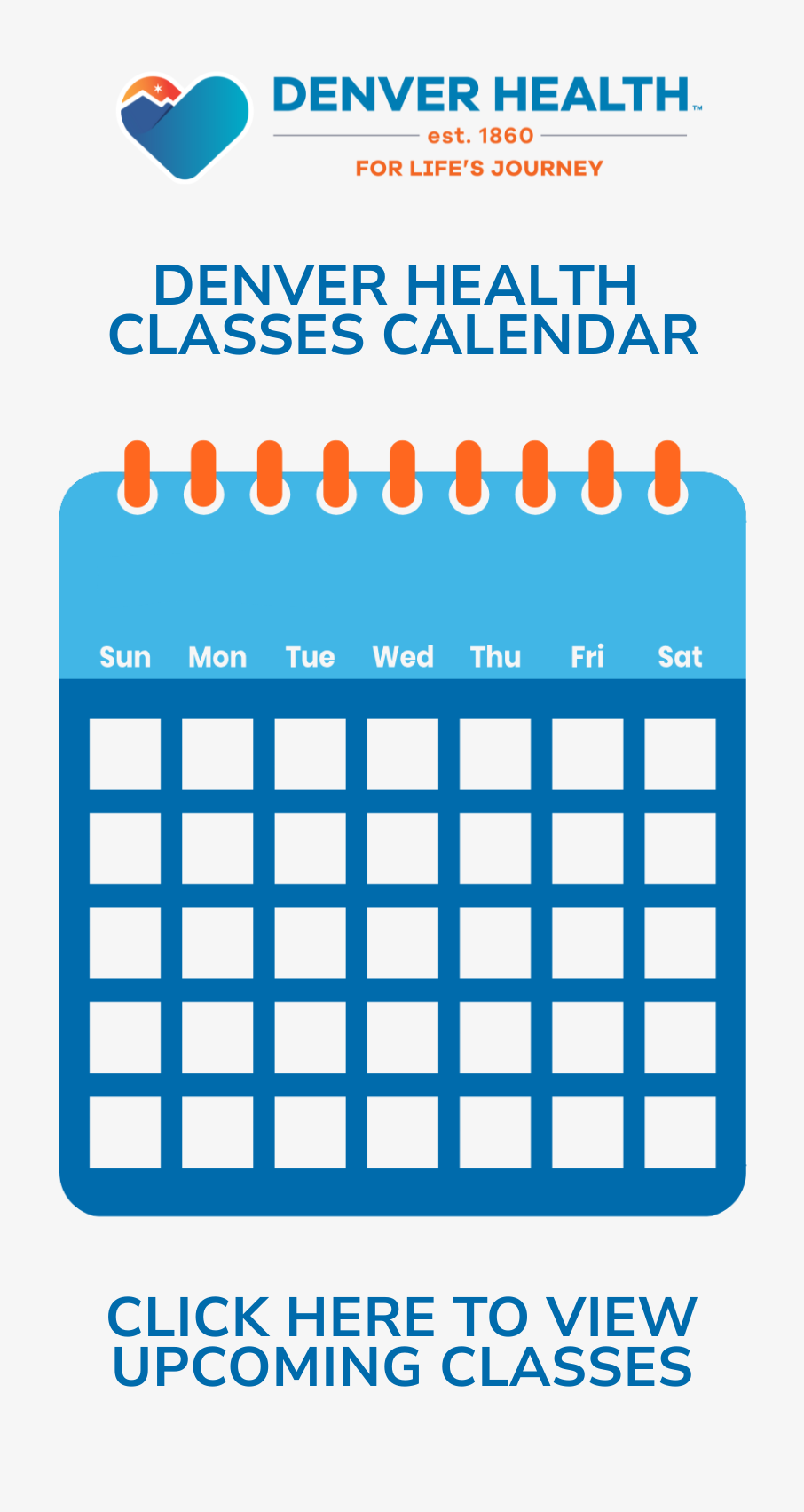Call to Schedule Your Sleep Apnea Consultation
Denver Health's Oral & Maxillofacial Surgeons are specialized in the treatment and solutions to Sleep Apnea, a disorder where a person’s breathing is interrupted repeatedly during sleep. If you snore loudly and feel tired even after a full night’s sleep, you might have sleep apnea. This condition can affect adults and children. Call today and schedule an appointment - no referral is needed!
Understanding Causes and Risk Factors
There are three main types of sleep apnea:
- Obstructive sleep apnea (OSA) is the more common form that occurs when throat muscles relax and your airway narrows or closes as you breathe in, blocking the flow of air into the lungs. If you can’t get enough air, it can lower the oxygen level in your blood, causing your brain to sense you can’t breathe and waking you up briefly so that you can reopen your airway. This awakening is usually so brief that you don't remember it. You might snort, choke or gasp five to 30 times or more each hour, all night. This makes it hard to reach the deep, restful phases of sleep. Your risk for getting OSA is higher if you fall into any one or more of the following categories: are obese, male, older, have family history of sleep apnea, have a thick neck, have a narrowed airway, use alcohol, smoke, use sedatives or tranquilizers, have nasal congestion or suffer from certain medical conditions such as: congestive heart failure, high blood pressure, type 2 diabetes, polycystic ovary syndrome, hormonal disorders, prior stroke or asthma.
- Central sleep apnea (CSA) is less common and occurs when the brain doesn't send proper signals to the muscles that control breathing. People with CSA make no effort to breathe for a short period, causing them to wake up with shortness of breath or have a difficult time getting to sleep or staying asleep. Your risk for CSA is higher if you fall into any one or more of the following categories: are middle-aged and older, male, have congestive heart failure, use narcotics, had a stroke.
- Treatment-emergent central sleep apnea, also known as complex sleep apnea, happens when someone has OSA — diagnosed with a sleep study — that converts to CSA when receiving therapy for OSA.
Symptoms and Diagnosis
The most common symptoms of obstructive and central sleep apneas include loud snoring, a stop in breathing during sleep, gasping for air while asleep, waking up with a dry mouth, morning headaches, insomnia (difficulty staying asleep), daytime sleepiness, difficulty paying attention while awake and irritability. Let Denver Health’s skilled team of doctors listen to your symptoms and medical history, to determine if you are a good candidate for treatment.
Treatment and Prevention
Denver Health’s oral surgeons focus on effective symptom management and proactive prevention. We understand that your comfort matters most, and we look for treatments that can ease your symptoms and prevent complications from this serious medical condition. Treatment options include using a continuous positive airway pressure (CPAP) machine that delivers air pressure through a mask while you sleep. With CPAP, the air pressure is somewhat greater than that of the surrounding air and is just enough to keep your upper airway passages open, preventing apnea and snoring. Another option is wearing an oral appliance designed to keep your throat open. While CPAP is more reliably effective, the oral appliance might be easier to use. Some oral appliances are designed to open your throat by bringing your jaw forward, which can sometimes relieve snoring and mild obstructive sleep apnea. Our team will work with you as you may need to try different devices before finding one that works and fits best for you.


